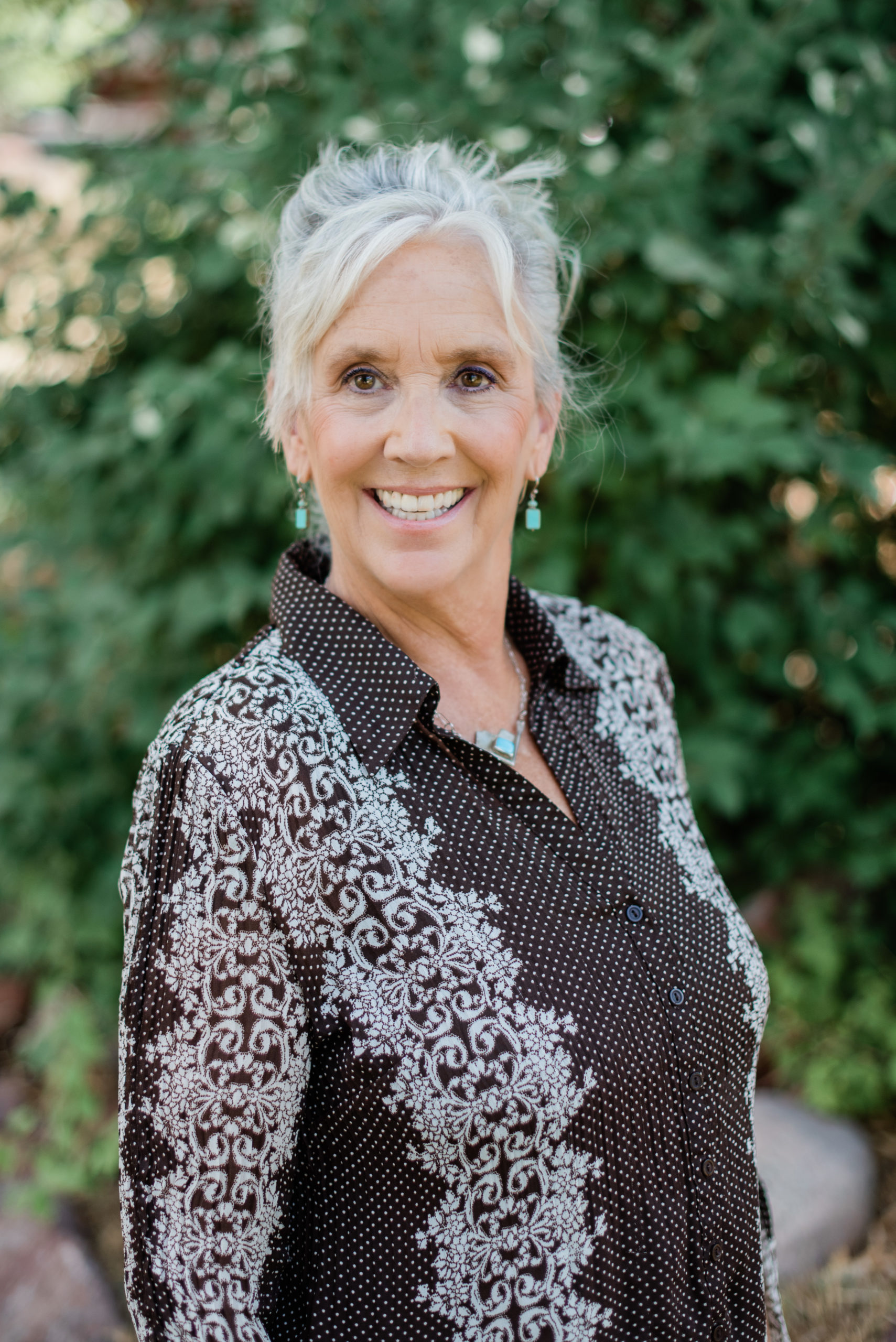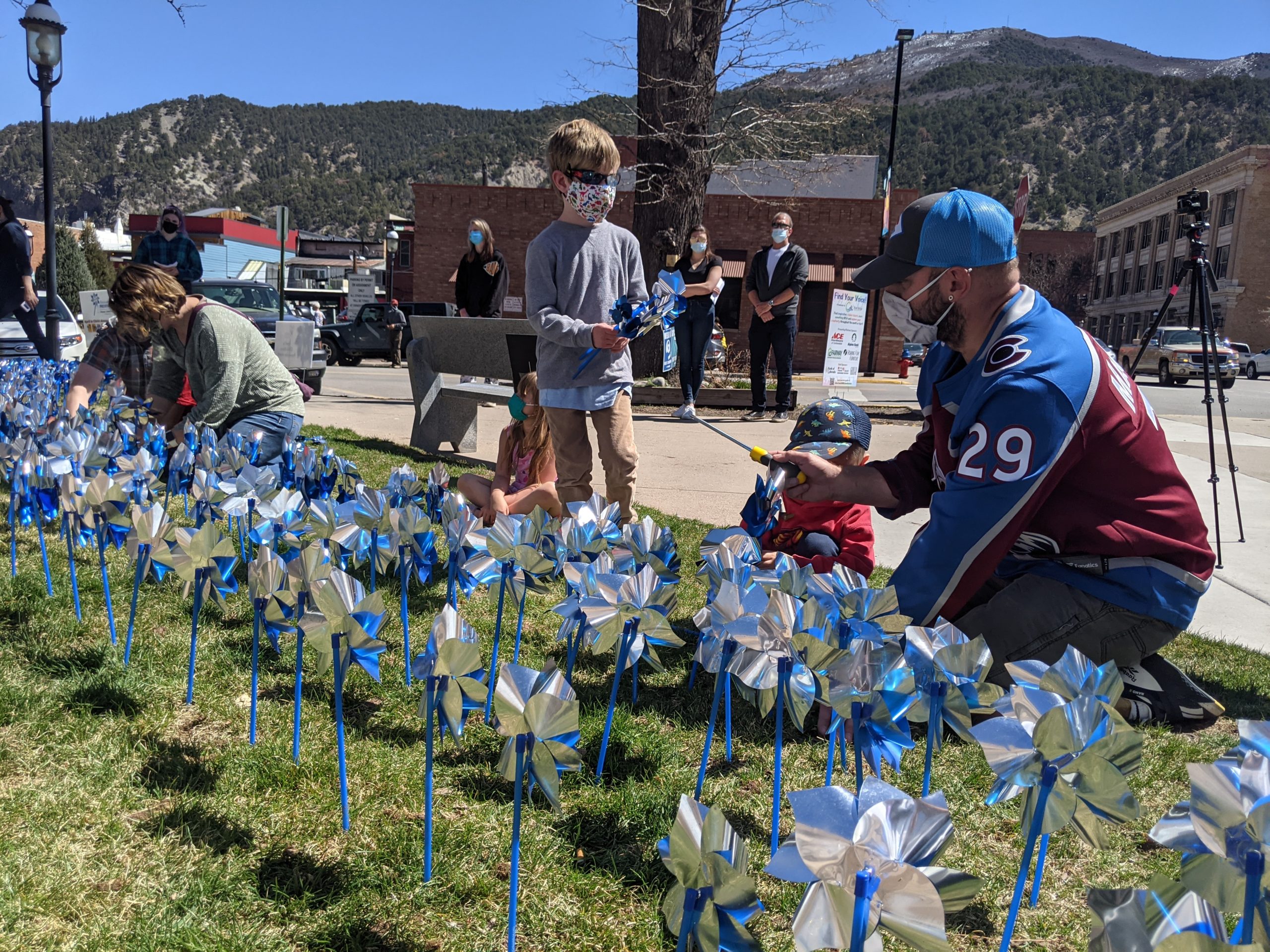 With the holidays upon us, there are many opportunities for families to gather and spend time together which is great for many families, but for families dealing with recent allegations of sexual abuse, this can be a particularly stressful time.
With the holidays upon us, there are many opportunities for families to gather and spend time together which is great for many families, but for families dealing with recent allegations of sexual abuse, this can be a particularly stressful time.
For instance, a child may have had the courage to come forward and let their families know abuse has happened. Hopefully the family has let that child know that they are believed and the perpetrator has been removed from the home and or the environment the child was abused in, and is being dealt with by law enforcement. The situation can be stressful when some family members don’ t believe the victim. Or perhaps the victim’ s family is siding with the perpetrator. When the family has spent holidays together for years and suddenly half of the family is with the perpetrator and half with the victim. The victim may be experiencing feelings of blame for the situation and feeling they caused the family to experience hardship when they are not to blame at all. If a perpetrator was a sole provider of a household, a family may now be experiencing financial hardship as well. In cases where abuse is substantiated, the family will most likely be involved with social services and this new involvement may be causing added pressure to the family. Victims may need extra reassurance and support during times like these.
The ultimate goal for the victim is safety. Then ideally the family will become part of the healing process, by developing a way to acknowledge and discuss the abuse and the trauma it has caused, and develop ways for the family to get the help and support and perhaps treatment they need to move forward. A supportive family structure is essential to helping a victim successfully recover from abuse.
My child is a victim of abuse. How can I support them after the act? Here are some tips from Stop It Now.org1
“Tell your child that they are not to blame for the abuse.
Even though children are never, ever to blame, it’ s not always easy to convince them of this, and they’ ll probably need to hear it from you many times. This is because children often feel that they’ re to blame for what has happened. They tend to feel responsible not only for the actual abuse, but for causing pain to people they love once the abuse has been uncovered. This is especially true when family members have separated as a result of the abuse. Shouldering the guilt for the abuse and its consequences is an intolerable and unfair burden for children to bear. Without intervention, these children are more likely to suffer more serious, long-term emotional effects.
Step in to help your child find relief from guilt.
When adults take responsibility for what has happened this helps the children to find relief from guilt. As a parent you can take an important step to help your child heal by reassuring them that they are not to blame for the abuse and it was the older person’s responsibility to stop it. You might emphasize that any changes that have resulted from the abuse are because of the abuser’ s behaviors — and not because of what the child did or did not do. Because of the child-centered way that young children make sense of the world around them, they naturally place themselves as the “cause” of much of what they experience. Because of this developmental tendency to take responsibility for things over which they have no control, (bad weather, parents fighting, financial woes), this message may have to be repeated over time and in different ways.
Make sure your child knows that you believe them.
The act of abuse was a profound betrayal of your child’ s trust. More than ever, your child needs to know that you believe in them, and that they can trust you and count on you. By acknowledging the harm that was done to your child and by getting them help and taking steps to protect them, you will be helping your child re-establish a sense of trust and safety.
Help your child see that you’ re someone they can talk to.
If your child has been abused, provide opportunities for conversation, but let your child be the one to bring up the subject. If they do, listen to them carefully, let them express their feelings, answer their questions as best you can and comfort them. Sometimes parents think that talking about the abuse will cause children more pain or “just make things worse”. But children need to know that there is a loving parent or adult with whom they can be honest, and who will acknowledge their pain and accept their feelings.
Let your child know you will do whatever you can to keep them safe
This is very tough if you’ re not sure how fully you’ ll be able to safeguard them. Without making false promises, make sure your child knows that you are committed and determined to take whatever steps you can to protect them. When a child sees caring adults acknowledging the abuse and taking steps to intervene, the child learns that they are worth protecting.
Support your child by getting them treatment”
Observe your child to see if they are showing signs of emotional distress. If their feelings or behaviors are concerning to you or others, consider bringing them to a specialist who can offer the child a safe place to express themselves, and offer you some guidance and support to help your child recover.
What if the perpetrator is part of my family? Here are some tips from RAINN.org2:
Finding out that your child was hurt by someone you know and trust can present some additional challenges as a parent. You may be faced with a range of emotions specific to this situation that others can’ t relate to. No one has the right to invalidate the way you feel, but it’ s important to find a way to manage these emotions in order to prioritize the safety of your child. Some experiences of non-offending parents may include:
- Anger towards the child for disrupting your family, especially if the perpetrator is your partner
- Anger towards the perpetrator for hurting your child and betraying your trust
- Guilt that you didn’ t know the abuse was occurring or for still having feelings for the person who hurt your child
- If it the person who harmed your child was another one of your children, you may feel conflicted about how to provide support to the child who was harmed while still trying to protect your other child.
- Losing faith in your judgement or abilities as a parent
- Practical fears about finances and day-to-day life that may change when the family member who caused harm is removed from the family circle
- Sense of loss for the family member who hurt your child as you begin to cut ties
What are some ongoing acts of support for victims of abuse?
Your friend or loved one is most likely going to continue having reactions to the news, family dinner conversations, intimacy or even seemingly random events. Here’ s what you can do in those moments:
- Keep listening. Don’ t try to give advice or fix the problem. Just listen.
- Let them feel their feelings. It can be extremely difficult to see someone you love in pain, but they need space to express themselves. Don’ t say things like, “Cheer up” or “Don’ t cry.” Stay by their side as they work through their feelings.
- Let your loved one know you’ re on their team. Tell them you’ re happy to turn off the TV, get out of the house or leave an event with them.
- Ask if your friend or loved one needs anything from you. They may not always have an answer, but it’ s nice to make it clear that you want to be supportive and engaged.
How can I make sure myself or others do not retraumatize my child? Here are some tips to prevent family members from re-victimizing survivors3.
- Denying or minimizing the abuse
Many survivors never receive acknowledgement of their abuse. Family members may accuse them of lying, exaggerating or having false memories. This negation of a survivor’ s reality adds insult to emotional injury as it reaffirms past experiences of feeling unheard, unprotected and overpowered.
One might assume, that recognition of their abuse would go a long way toward helping survivors move forward with their families. That is one potential outcome. However, acknowledgement does not necessarily mean that families understand or are willing to recognize the impact of sexual abuse. Even when perpetrators apologize, survivors may be pressured not to talk about their abuse. In my case, I was chastised and directed to stop telling my brother that I needed him to understand and take responsibility for the lasting damage his actions caused me. While I appreciated the acknowledgement that I was telling the truth, my brother’ s apology felt meaningless, and was negated by his actions afterward.
- Blaming and shaming the victim
Placing blame on the survivor, whether overt or subtle, is a regrettably common response. Examples include questioning why victims did not speak up sooner, why they “let it happen,” or even outright accusations of seduction. This shifts the family’ s focus onto the survivor’ s behavior instead of where it belongs — on the perpetrator’ s crimes. I experienced this when my brother lashed out at me, after I expressed anger toward him over the abuse, and told me that I was choosing to “be miserable.”
Embedded in societal attitudes, victim-blaming can be used as a tool to keep survivors quiet. Because sexual abuse victims often blame themselves and internalize shame, they are easily be devastated by these criticisms. It is vital, for survivors to understand that there is nothing anyone can do that makes them deserve to be abused.
- Telling survivors to move on and stop focusing on the past
These messages are destructive and backwards. In order to heal, survivors need to be supported as they explore their trauma, examine its effects, and work through their feelings. Only by dealing with the abuse does the past begin to lose its power, allowing survivors to move forward. Pressuring survivors to “move on” is another way that family members avoid addressing the abuse.
- Shutting down their voices
Throughout my childhood and adolescence, I had a recurring dream that I tried to make a phone call but couldn’ t get a dial tone, connect the call, or find my voice. These dreams stopped once I began to consistently speak up for myself and I found people who wanted to hear me.
But as most of the behaviors on this list show, families often reject or ignore survivors’ stories of abuse as well as their feelings, needs, thoughts and opinions. Survivors may be accused of treating family members poorly because they call attention to the abuse, express their hurt and anger, or assert boundaries in ways they never could as children. They are often told to stop making trouble, when they are in fact pointing out trouble that has already been made.
- Ostracizing survivors
Some families leave survivors out of family events and social gatherings, even while their abusers are included. This act has the effect (intended or not) to punish survivors for making others in the family uncomfortable, and is another example of the kind of upside-down thinking that unhealthy families engage in. As I know from several experiences in which I was not invited to my own mother’ s birthday parties, the injustice of being excluded is extremely hurtful.
- Refusing to “take sides”
Family members may claim they don’ t want to take sides between survivor and perpetrator. However, staying neutral when one person has inflicted damage on another is choosing to be passive in the face of wrongdoing. Survivors, who were left unprotected in the past, need and deserve to be supported as they hold abusers accountable, and shield themselves and others from further harm. Family members may need to be reminded that the abuser committed hurtful acts against the survivor, and therefore neutrality is not appropriate.
- Pressuring survivors to make nice with their abusers
I have no doubt that I would have been welcome at my mother’ s birthday parties if I had been friendly to my brother and acted as if the abuse was merely water under the bridge. But of course, I was not willing to accept his refusal to respect my feelings or grasp the weight of what he had done to me.
Survivors should never be asked to face their perpetrators, especially for the sake of others’ feelings or in the interest of brushing abuse under the rug. Pressuring them to do so is an obvious repeat of the abuse of power that was exerted upon them at the time they were violated, and is therefore destructive and inexcusable.
Reasons Why
There are many reasons family members respond in harmful ways, which may not be ill-intentioned or even conscious. Foremost is the need to maintain their denial about the sexual abuse. Other reasons include: concern about family appearance, awe or fear of the perpetrator, and complications posed by other problems within the family, such as domestic violence or substance abuse. Guilt for not recognizing the abuse at the time or for failing to stop it may also contribute to family members’ denial. Some may have a history of victimization in their own past which they are not able, or ready to address. And some family members may even be perpetrators themselves.
Final Thoughts
Faced with these types of behaviors, survivors may sometimes be tempted to give in simply to end the repercussions and avoid losing their families altogether. But whether or not survivors struggle against unhealthy dynamics and hurtful family reactions, they will continue to be affected by them. The pain of backlash from family is rarely as high a cost as the sacrifice of a survivor’ s truth.
I know firsthand how painful this “second wound” can be. Had I been better prepared for what lay ahead after my disclosure, I might have been spared years of sadness, frustration and struggle against unchanging family dynamics. Fortunately, I have learned never to compromise what I know to be true, or what I deserve.”
In closing, honor your loved ones’ recovery. It can be a long process that is never truly over. It looks different for each survivor. Be patient, honor and acknowledge their road to recovery and try your best to be loving and supportive.
Credits
1 “Can a Child Recover from the Effects of Sexual Abuse?”
2 “Help for Parents of Children Who Have Been Sexually Abused by Family Members” “
3 “7 Ways Family Members Re-victimize Sexual Abuse Survivors” By Miranda Pacchiana, MSW, October 2018, PsychCentral.com
This piece was compiled by Lindsay Gould, a board member and volunteer at River Bridge Regional Center as well as a Court Appointed Special Advocate (CASA) for a child in the child welfare system.





